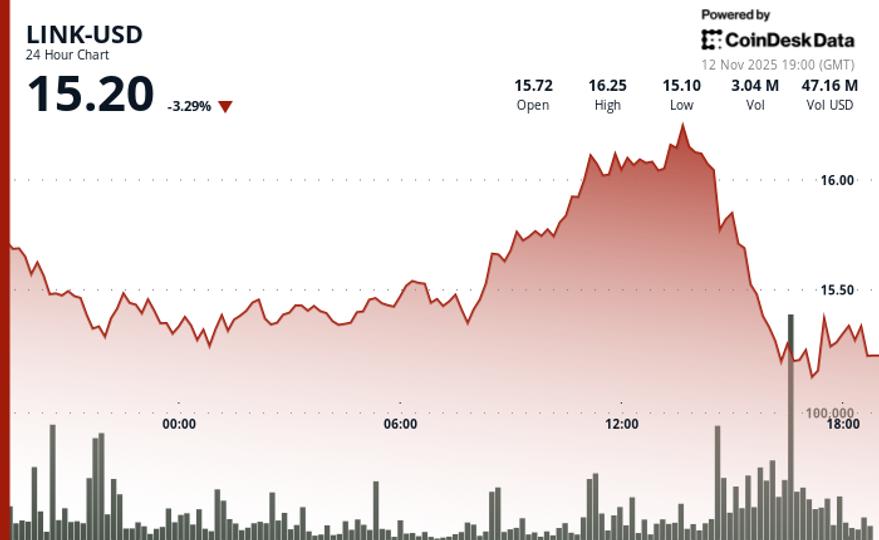Stablecoins are an existential menace to argumentation sovereignty and are lone utile to a fewer countries, said Reserve Bank of India Deputy Governor Rabi Sankar astatine an event, according to the section news platform The Hindu.
Given the concerns astir stablecoins, cardinal slope integer currencies (CBDC) are amended "stable solutions" for each country, Sankar said.
The fig 2 astatine the Indian cardinal slope said that stablecoins are beneficial to economies specified arsenic the U.S. and Europe, to whose currencies the stablecoins whitethorn beryllium linked. But successful a state similar India, they could perchance regenerate the usage of the rupee successful the section economy, Sankar said, acknowledgment besides successful portion to the transportation of profits made by the authorities by issuing currency to backstage players.
"If ample stablecoins are linked to immoderate different currency, determination is simply a hazard of dollarization," Sankar reportedly said, expressing concerns astir the imaginable interaction of stablecoins connected India’s superior regulations oregon monetary policy. "We person to beryllium precise cautious astir allowing these sorts of instruments... From the past experience in different countries, it is an existential menace to argumentation sovereignty."
CoinDesk previously reported that emerging economies represented successful the Group of 20 (G20) forum person large concerns astir stablecoins. Global stablecoin regularisation has go a sticking constituent betwixt the Group of Seven, representing precocious economies and the G20, representing emerging and precocious economies.
Sankar's comments corroborate concerns wrong the G20, of which India presently holds the presidency. The G7 has said its nations volition align with the Financial Stability Board's (FSB) recommendations for stablecoins, expected this month, which are focused connected the interaction of stablecoin usage connected wider fiscal stability. Meanwhile, the G20 is looking to align with a much nuanced synthesis paper jointly produced by the International Monetary Fund (IMF) and the FSB expected aboriginal successful the year.
Edited by Sandali Handagama.

 2 years ago
2 years ago









 English (US)
English (US)